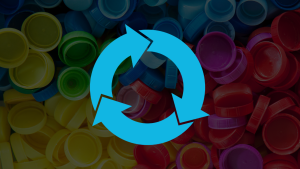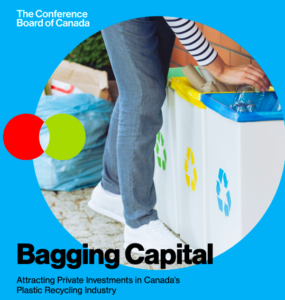Plastic industry major economic driver in Canada — far greater than recycling: report
An analysis of Canada’s plastic industry shows the industry producing plastic dwarfs the industry trying to recycle it.
The report, completed by consulting firms Deloitte and ChemInfo Services, was commissioned by Environment and Climate Change Canada to guide its plan to cut the country’s plastics waste to zero.
It found the plastics-manufacturing industry is a significant economic driver in Canada, worth $35 billion in sales of resins and plastic manufactured goods in 2017, and supporting about 93,000 jobs across more than 1,900 companies.
By comparison, there were fewer than a dozen recycling companies, employing about 500 people and generating about $350 million in revenue.
In 2016, 3.3 million tonnes of plastic ended up in the trash, 12 times the amount of plastic that was recycled. A small number of plastics are burned for energy at five Canadian waste-to-energy plants. Almost 90 per cent of the plastic that is recycled in Canada is from the packaging.
Generally, the analysis says, it is cheaper and easier to produce new plastic, use it and then throw it away than it is to recycle, reuse or repair it. The voluntary standards for contents of plastic products, and additives like glues and labels, mean there is a lack of consistency in the plastic materials available for recycling. That, in turn, makes them more expensive to recycle.



